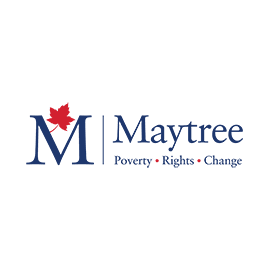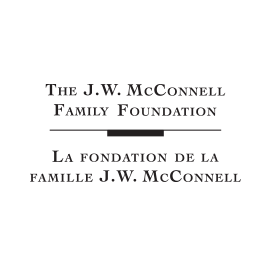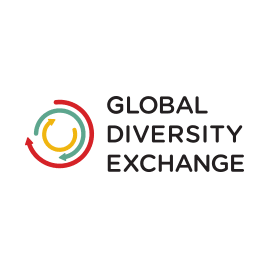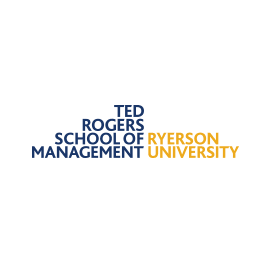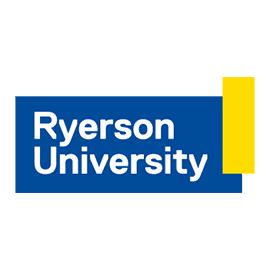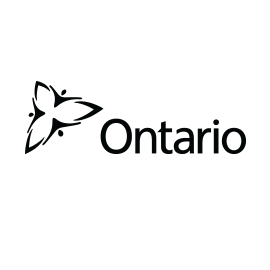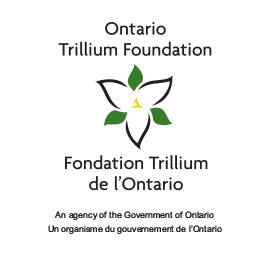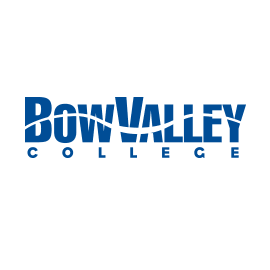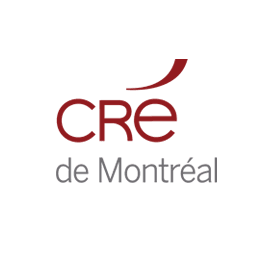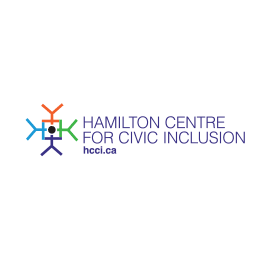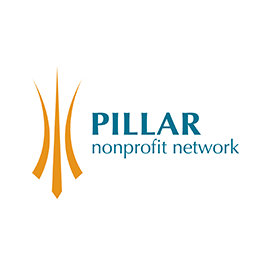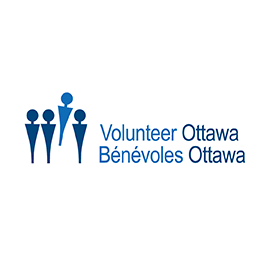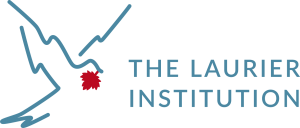Effective Leadership for Modern Governance
The Vancouver-based Laurier Institution is partnering with Ryerson University to bring a national program called DiverseCity onBoard to the Metro Vancouver area. The program was developed in the Greater Toronto Area in 2008 by the Maytree Foundation and is now operated out of the G. Raymond Chang School of Continuing Education.
DiverseCity onBoard is an innovative leading edge program that connects qualified, pre-screened candidates to volunteer board positions. It provides self-paced, affordable quality online governance training to all individuals and all sectors, supplemented by in-person and online webinars and events. The connections are made through a searchable database that matches qualified diverse individuals with board opportunities.

Building on the program’s success in addressing the under-representation of visible minorities and immigrants on governance boards, the matching program is now open to the LGBT+ community and women from all communities located in Metro Vancouver. The national program has also entered into new relationships with Aboriginal/Indigenous communities to increase their inclusion on governance boards. The program will expand to persons with disabilities in 2017.
FURTHERING DIVERSITY AND INCLUSION ON BOARDS OF GOVERNANCE
$500,000 gift from TD allows expansion of board-matching program DiverseCity onBoard at Ryerson’s G. Raymond Chang School of Continuing Education.
Nonprofit & Charitable
Nonprofit and charitable organizations are governed by boards of directors, drawn from members of the public. In addition, municipal, provincial and federal governments appoint thousands of citizens to serve the public good on their many agencies, boards and commissions. However, there is a disconnect between who sit on these boards and the increasing diversity of the population.
We are
An easy-to-access and easy-to-use online governance training platform for any individual, anywhere in Canada or the world. DiverseCity onBoard training is unique because it is (a) embedded in principles of diversity and inclusion and (b) available in a modularized online training and learning platform.
DiverseCity onBoard will address this disconnect by providing services to:
Individuals
Any individual, anywhere (inside and outside Canada) interested in acquiring board governance training which is embedded in principles of diversity and inclusion.
Visible minorities, under-represented immigrants, Aboriginal/Indigenous Peoples, all women and members of the LGBT+ community in Metro Vancouver interested in serving as directors on either a not-for-profit or public board and agencies.
Organizations
Not-for-profit charitable organizations as well as public agencies, boards and commissions looking for qualified diverse candidates, and an interest in embedding principles of inclusion and diversity into their governance processes, policies and approaches.
Metro Vancouver
Why DoB is important to Metro Vancouver:
In Metro Vancouver, the highest percentage and number of visible minorities live in Richmond, Burnaby, Vancouver, Surrey and Coquitlam. Together these municipalities account for close to 1.5 million people or almost 70% of Metro Vancouver’s population. The visible minority population accounts for over half (51%) of the total population within these five (5) municipalities
2011 study of Metro Vancouver, SPARC BC (in cooperation with Ryerson University) found only 13%
From a sample of 114 members of the Province of BC Agencies, only 13 were visible minorities, or 11%
From the total number of 2274 leaders that were analyzed in this study, only 274 were visible minorities, or 12%
Capacity Challenges Facing British Columbia’s Nonprofit and Voluntary Organizations*
When a survey was carried out in 2003, there were an estimated 20,270 nonprofit and voluntary organizations in British Columbia, accounting for 13% of the Canadian total of 161,227.
With 486 organizations for every 100,000 of population, British Columbia had the second‐lowest number of organizations per capita after Ontario.
A 2006 study of BC non-profits noted that the most frequently cited problem among all organizations in British Columbia was “having difficulty of planning for the future” (55% versus 58% nationally).
Fifty‐four percent reported having difficulty recruiting the type of volunteers needed (compared to 57% nationally); 51% reported difficulties in retaining volunteers (versus 49% nationally); and 50% cited difficulty in obtaining board members (versus 56% nationally). Size and scope of the sector
*Source: The Nonprofit and Voluntary Sector in British Columbia: Regional Highlights from the National Survey of Nonprofit and Voluntary Organizations Imagine Canada, 2006
Local Partners and Funders
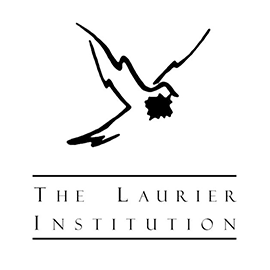
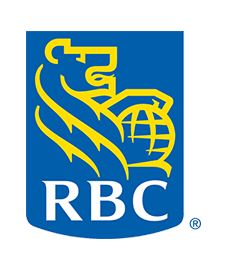
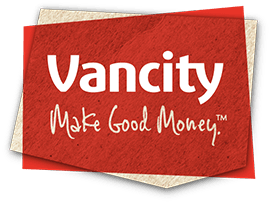
National Partners and Funders
